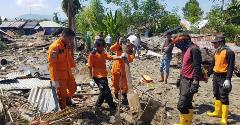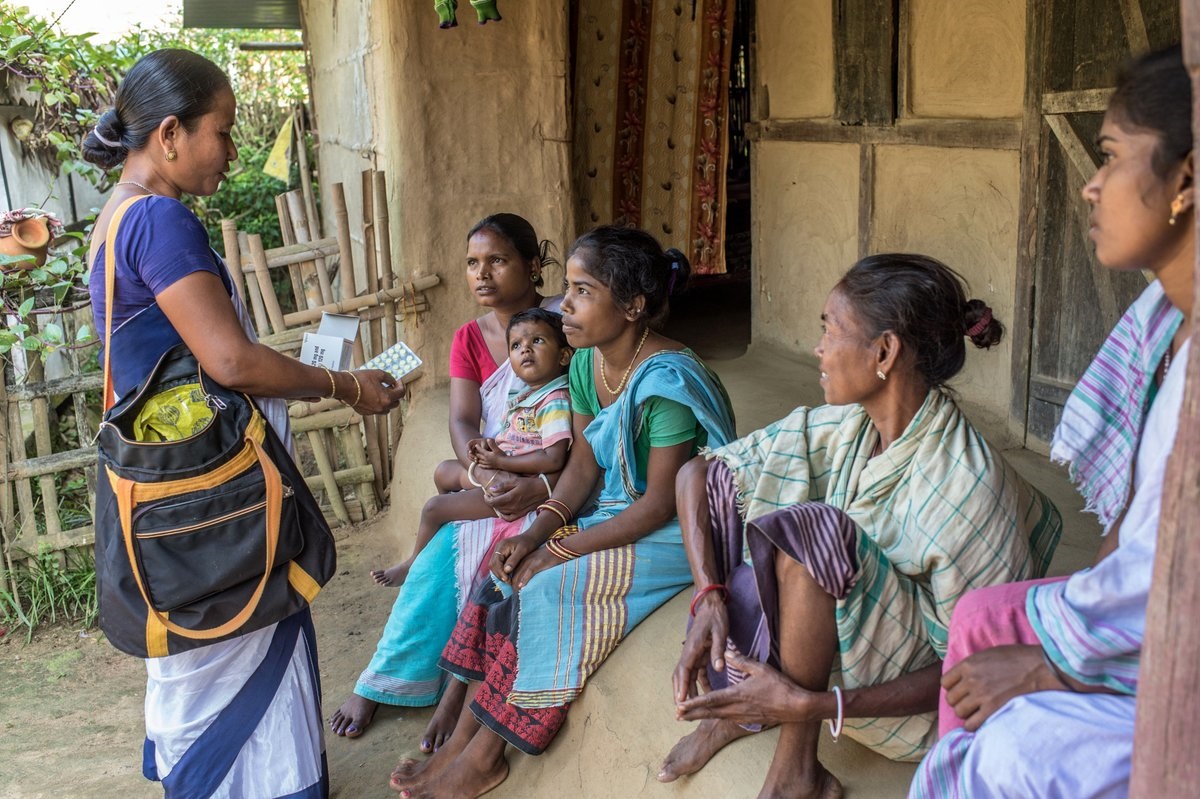Research and Innovation
Research and Innovation Unit in WHO’s Regional Office for South-East Asia
WHO is an evidence-based organization with the core mandate of promoting public health based on best evidence. Article 2 of WHO’s Constitution mandates the Organization to “promote and conduct research in the field of health.” Hence, harnessing research, information and evidence is one of the six WHO core functions. In this context, WHO provides leadership in generating evidence for effective and efficient public health measures through promoting research and knowledge translation. A new “Research and Innovation Unit” has been established in January 2022 within the Healthier Population and Non-Communicable Diseases (HPN) Department.
Vision: Achieving the best possible public health outcomes and health equity in South-East Asia Region powered by the latest in science, innovation and evidence.
Mission: Provide leadership in generating and translating the latest in science, evidence, and innovation to improve health and health equity for all in WHO South East Asia Region.
Four key strategic objective of Research and Innovation Unit

Call For Applications
TDR Postgraduate Scholarship in Implementation Research Academic Year 2024–2025
Deadline for applications: 30 July 2023Links to regional strategies:
Regional Strategy on research for health 2018-2022
Regional Strategy on Research for Health
In May 2010, the WHO Strategy on research for health was approved by Sixty-third World Health Assembly. The global strategy provides a framework for formulating regional strategies.
The Regional Office drafted its first Regional Strategy on Research for Health for the period 2012-2016, which provided a framework for research for health in the Region.
The second regional strategy (2018-2022) was developed based on the recommendations of the 35th session of South-East Asia (SEA) Advisory Committee on Health Research (ACHR) in October 2017. The strategy aims to support research in the Region’s eight Flagship Priority Areas, which are rooted in sustainable Development Goals and address the key public health needs of the Region’s Member States.
SEA Advisory committee on health research
WHO’ office for South-East Asia established South-East Asia Advisory committee on health research (SEA-ACHR) in January 1976 and since then held 35 meetings.
The SEA-ACHR is an advisory body with a consultative mandate to support WHO in the Region in carrying out its constitutional role of promoting and coordinating research relating to regional health work. ACHR advises Regional Director on the formulation of policies for development of health research in the Region in accordance with the directives of the governing bodies and within the framework of global and regional policies.
Meeting reports of previous ACHR reports:
35th Meeting of Advisory Committee on health Research (October 2017)
Related highlights:
Publications
The research ethics review committee of WHO regional office for South-East Asia (SEARO-ERC)
These standard operating Procedures (“SOP”) delineate the structure, functions and process (including the review criteria) to be followed...






